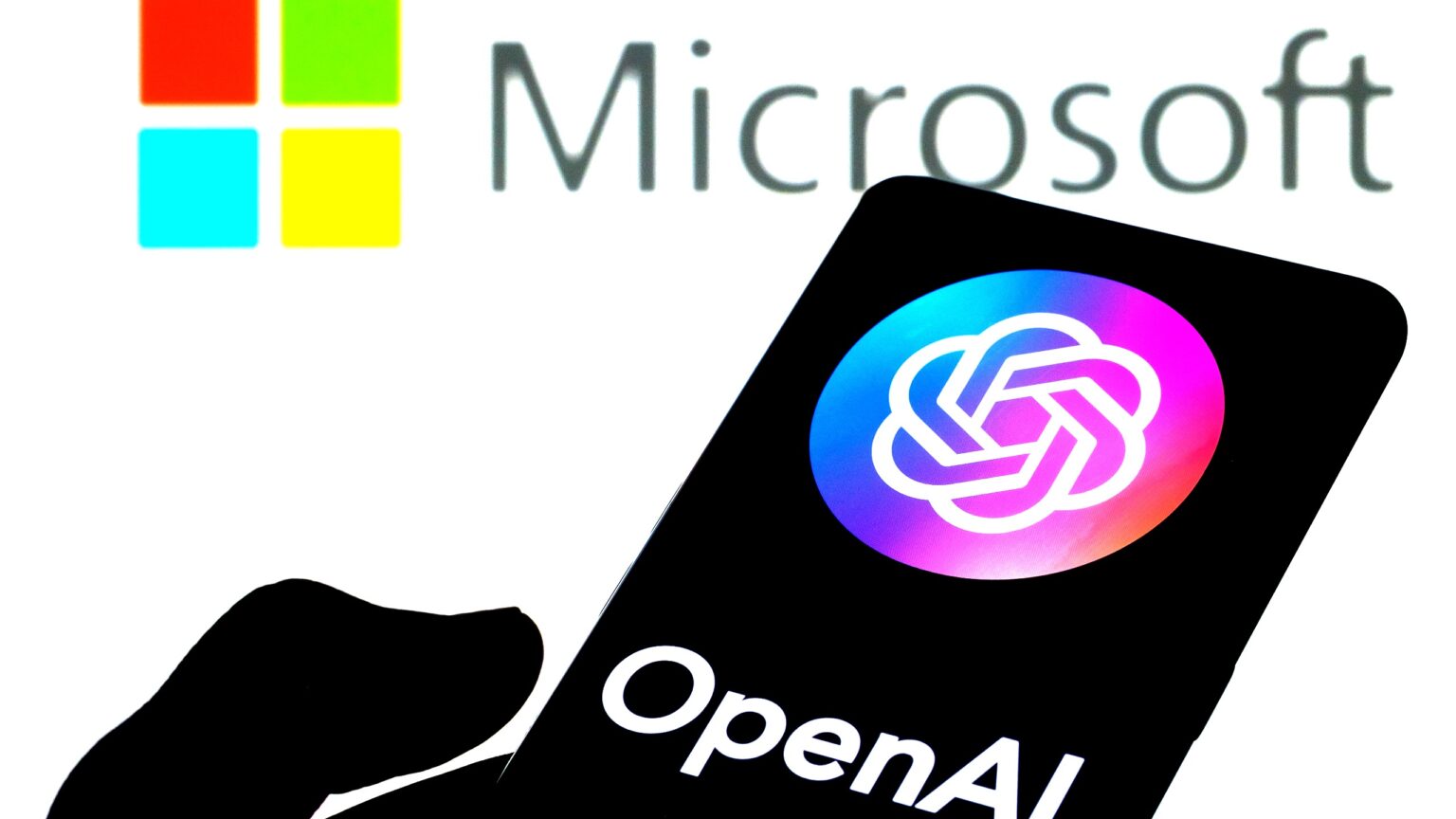Microsoft Corporation is making big moves in artificial intelligence (AI), part of a deliberate plan by the U.S. tech giant to continue to take a lead in emerging consumer tech while positioning itself as the next dominant force in the future of AI.
The tech company is doubling down on its $1 billion investment three years ago in OpenAI, creators of ChatGPT, with another $10 billion investment. Microsoft has been building its future on artificial intelligence over the past six years, according to CEO Satya Nadella.
At the time, he talked about the importance of “more intelligent apps and services” during an interview with The Verge. A few months later in the same year, Microsoft launched its chat-based interface “conversation as a platform” service.
The firm believed similar interfaces would takeover as the primary way used by humans to interact with the Internet or find information. Now Microsoft is planning to integrate ChatGPT into Bing with a $10 billion investment into the disruptive bot’s parent company, OpenAI. The feature could be added by end of March, reported The Information.
Also read: Could ChatGPT Be Used to Lobby on Behalf of Corporations?
Microsoft to influence OpenAI development
Microsoft will take a 49% stake in a revised OpenAI structure. It would also receive 75% of OpenAI’s profit until such a time when the firm recovers its full investment. The new funding round, which has drawn interest from some of the leading venture funds on Wall Street, values OpenAI at $29 billion.
This is a significant investment for OpenAI, founded in 2015 by Y-Combinator president Sam Altman and others. It could help the company forge ahead with its growth initiatives that include the further development of ChatGPT and other AI-related projects.
For Microsoft, it could mark an important step towards gaining a foothold in AI. By working directly with OpenAI, a pioneer in the industry, the tech firm would gain influence over the direction of OpenAI’s tools – something that’s already disrupting our lives everyday.
Artificial general intelligence refers to everyday use cases for AI including communication, research and productivity. OpenAI’s selling point is making artificial intelligence widely accessible as well as preventing its takeover by bad actors.
Microsoft forayed into the space with a $1 billion funding which secured it the majority stake in OpenAI in 2019. Now it is looking to tighten its grip on the company on the back of ChatGPT’s massive popularity.
Founded by billionaire Bill Gates, the Washington-based corporation also plans to integrate OpenAI’s chatbot technology into other products, including Microsoft Word and Outlook. Uniquely responding to queries in conversational language, AI-powered ChapGPT promises a whole new way to experience search.
Microsoft solidifies AI position, as Google slackens
Microsoft is solidifying its takeover at a time when Google has been reluctant to roll out search backed by artificial intelligence, cautious of racial and gender biases still reflected in AI. Still on peerless data troves, Google may be working behind the scenes for a humanly nuanced foray into AI while Microsoft bets on a first-mover advantage.
Microsoft is engaged in another turf war with Google Search through its involvement with You.com, a non-tracking AI search engine committed to both privacy and personalization. In addition to using Bing on the backend, the search engine is also using OpenAI-owned GPT-3 for YouWrite, a text generation protocol.
A cursory look at similarly modeled engines shows that they are minimalist and lack customization options whereas Google’s cross-performing products give it a self-contained feel. You.com is on the maximalist side, thanks to AI, and designed for personalization, while remaining committed to privacy.
Beyond search, ChatGPT has notoriously threatened a civilizational dent due to its ability to respond to intellectual prompts including generating images, essays, even Kindle-worthy novel down to fine contextual specifications.
However, OpenAI CEO Sam Altman warns that “it’s a mistake to be relying on [ChatGPT] for anything important right now.”
ChatGPT is incredibly limited, but good enough at some things to create a misleading impression of greatness.
it's a mistake to be relying on it for anything important right now. it’s a preview of progress; we have lots of work to do on robustness and truthfulness.
— Sam Altman (@sama) December 11, 2022
OpenAI losing its AI-for-humanity appeal
According to a Semafor report, OpenAI’s structure will “be revised to reflect Microsoft ownership at 49%, along with other investors jointly owning 49%, and OpenAI’s non profit owning 2% of the new entity.”
Elon Musk who founded OpenAI with Altman in 2015 left the company, citing potential conflict of interest with Tesla’s AI direction. The company went from non-profit to capped-for-profit but may now be entering its era of private profit motive under Microsoft.
Despite promising wide assessibility to AI, the company’s ChatGPT already follows U.S. foreign policy in restricting access to America’s geopolitical rivals and countries under sanctions.
Even if this is not stated policy, it is the procedure followed by some banks dealing with countries under sanctions, while bigger tech companies have subliminal dalliances with the State Department.
It remains to be seen how OpenAI’s absorption by Microsoft will affect its original AI-for-humanity selling point. As MetaNews reported recently, Bill Gates has spoken up artificial intelligence and augmented reality (AR) while casting aspersions on the metaverse.









 and then
and then